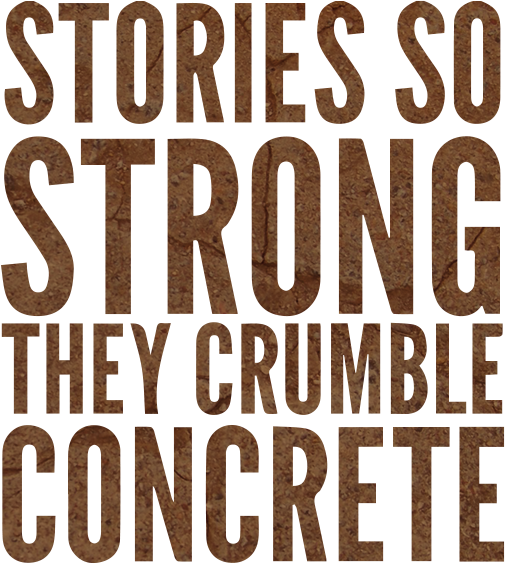movement-building
Invisibility of Women Prisoner Resistance
by Victoria Law
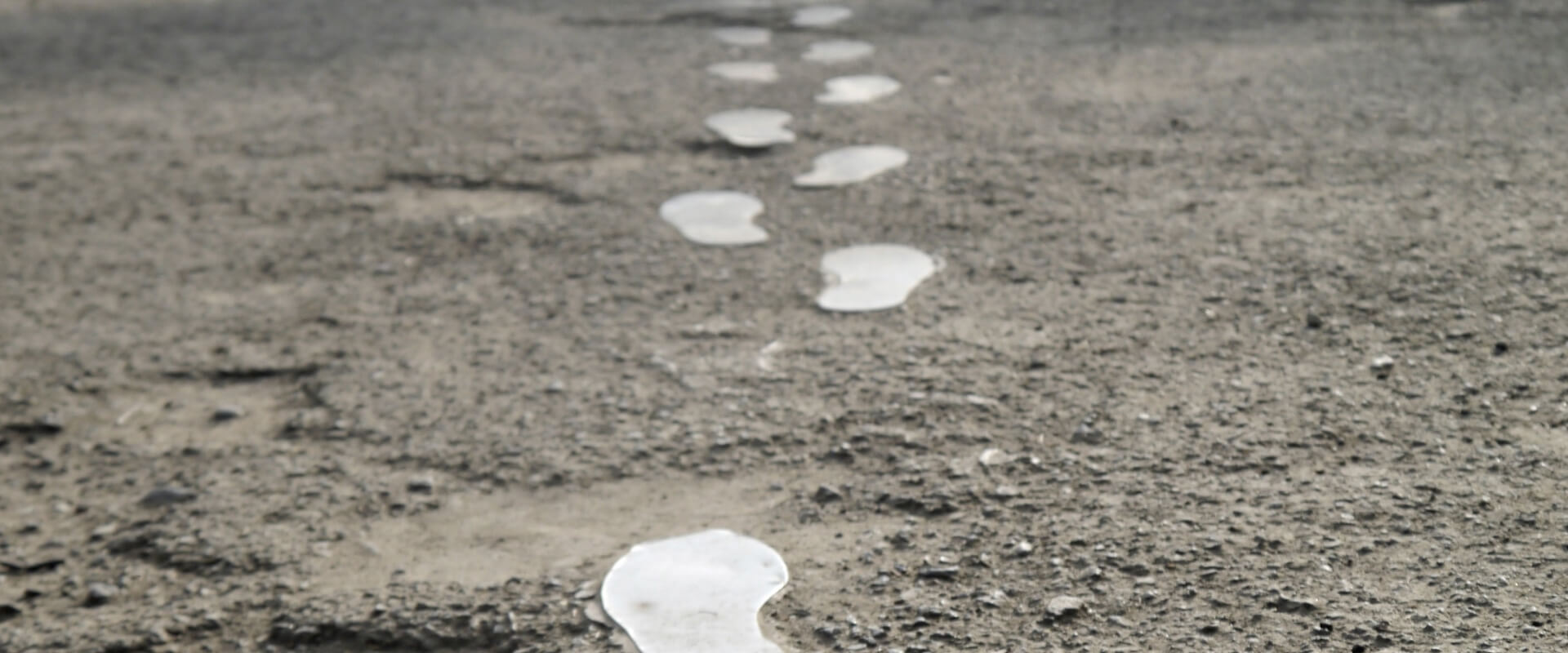
Victoria Law’s research indicates that women prisoners are even more overlooked by mainstream society than their male counterparts. She explains how their struggles to improve their health care, abolish sexual, maintain contact with their children and efforts to further their education have been ignored or dismissed by those studying the prison-industrial complex.
activism movement-building prison-life prison-industrial-complex
Forms of Resistance to the Prison-Industrial Complex
by Pilar Maschi
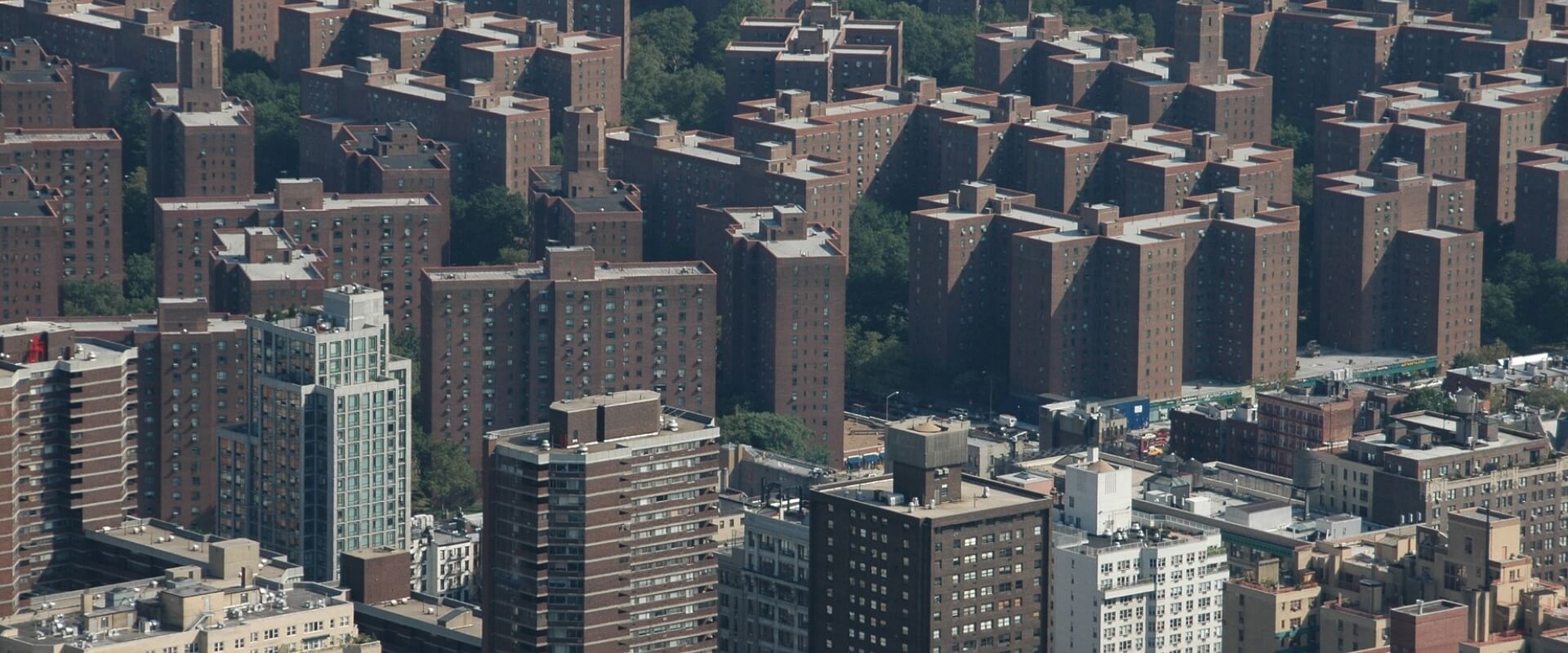
In Maschi’s opening statement from a panel discussion that occured as a part of 2004’s Voices in Time, Lives in Limbo installation in Chicago, she discusses her work with Critical Resistance and her understanding of various forms of resistance to mass incarceration. Maschi also challenges the Therapeutic Community model of recovery, arguing that recovery is a collective process that includes multiple forms of resistance to a society that does not benefit poor, queer, or indigenous people, people of color, or immigrants.
abolition activism movement-building
Armageddon Now
by Sara Olson

I try to reach out through writing and talking with people within the prison. That is what, it seems to me, any activist must do: educate and organize as creatively as possible under any circumstances one might face.
activism movement-building public-policy
Will the Justice Department Stand Up for Women Raped in Prison?
by Rachel Roth
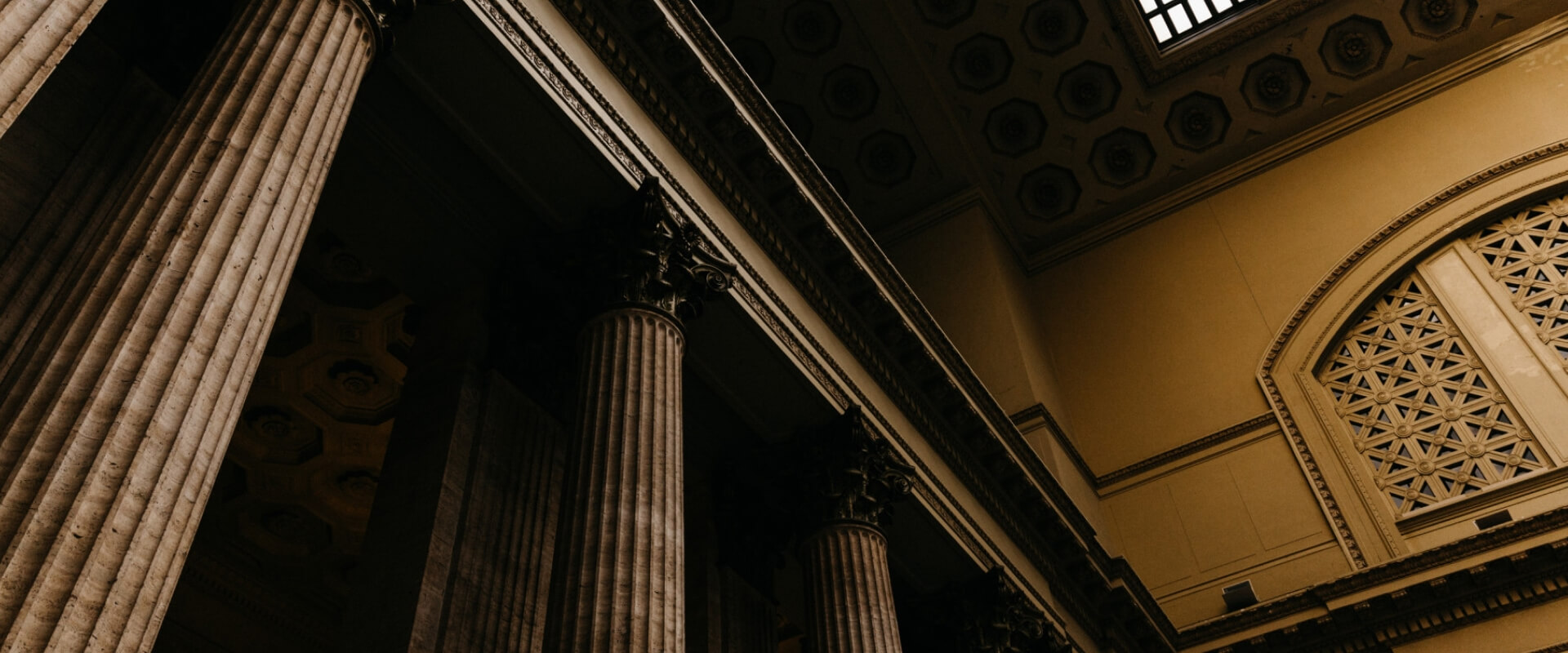
Eight years ago, Congress acknowledged the brutal fact of systemic sexual assault behind bars by unanimously passing the Prison Rape Elimination Act (PREA). The Justice Department is now poised to issue final rules to implement the law, which makes federal funding to prisons and jails contingent on improved staff training, availability of medical and psychological services for people who suffer sexual assault, investigations and publicly available data about reported assaults.
court-advocacy guard-prisoner-relations health immigration movement-building prison-life prison-industrial-complex sexual-violence state-violence
United Nations Committee on the Elimination of Discrimination Against Women
by Bonnie Kerness

These past years hve been full of thousands of calls and complaints of increasingly distrubing nature from prisoners and their families throughout the United States. The proportion of those complaints coming from women has risen, with women describing conditions of confinement, which are torture.
activism community movement-building prison-life prison-industrial-complex public-policy racism sexual-violence state-violence
The Condition in Women's Prisons
by Sara Olson
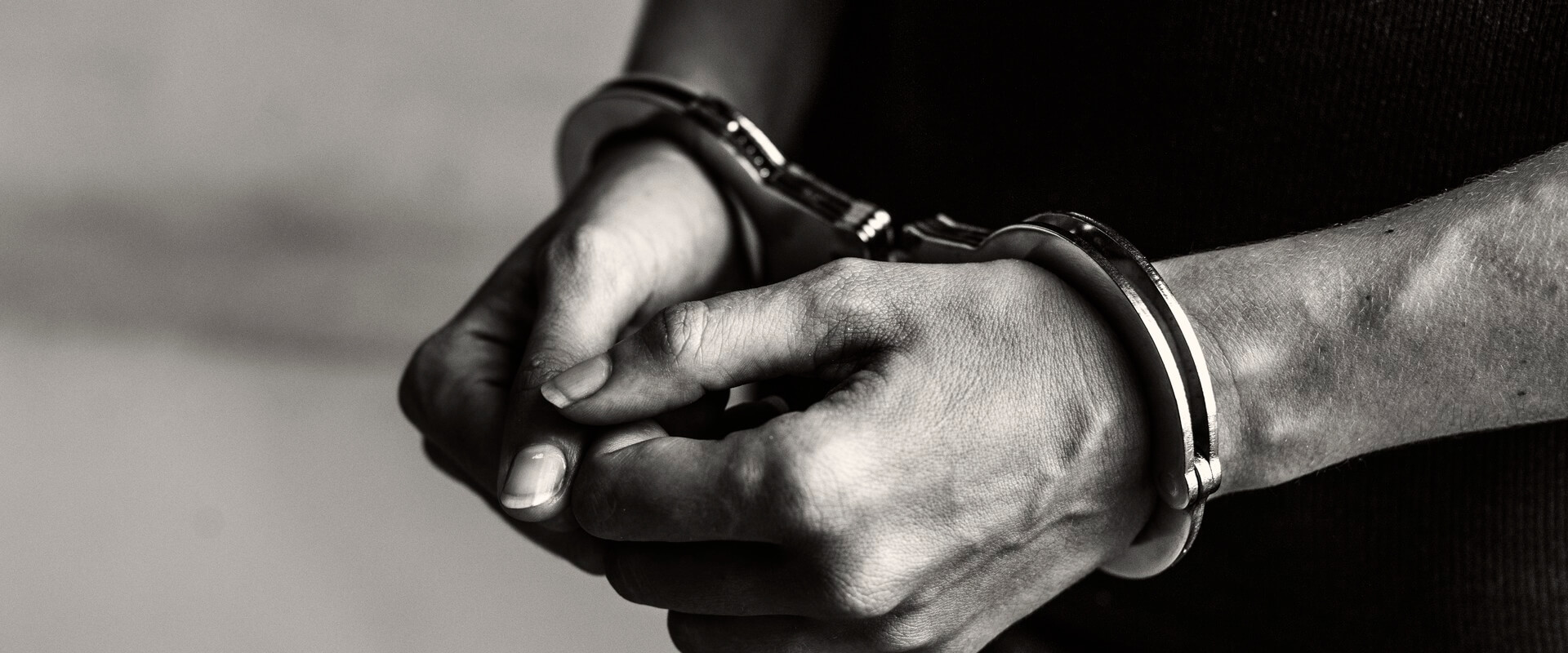
Today in California, there are 22,000 women, inmates and parolees, whose convictions are for, on the whole, non-violent and drug-related crimes. Women normally plea-bargain their cases. Even for violent crimes, we are usually sentenced as aiders and abettors. Because we are fallen women, our sentences tend to be longer than those for men convicted of the same crimes. When it comes to murder, women primarily kill abusers who have been torturing them for many years. Public financing for women’s prisons is money misspent.
abolition activism gender movement-building prison-life prison-industrial-complex public-policy
Environmental Essay
by Sara Olson

The systems of federal and state and corporate imprisonment, the Prison/Industrial Complex, are growth industries in the United States. While there has been much attention worldwide to the human rights travesty of massive American incarceration, criticism has brought no reduction, only growth in the numbers. Incarceration is aimed at a certain group of people Blacks, Latinos, and the poor.
abolition activism gender movement-building prison-life prison-industrial-complex public-policy
Why A Book About Women In Prison: (Excerpt From Women Behind Bars) 'Health Care Can Be Deadly'
by Silja Talvi

This question is entirely valid, the deeper I began to delve into the underlying reasons for the rapid growth of girls and women in lock-up, the more insight I gained into a world that few outsiders see, much less understand. Once I began to pay particularly close attention to the ways in which females in the criminal justice system were portrayed in the media, it became clear to me that stereotypes and judgments about “fallen women” from centuries ago were still holding fast.
activism health movement-building prison-life
Michelle Alexander Speaks at 25th Anniversary Celebration for CLAIM
by Michelle Alexander
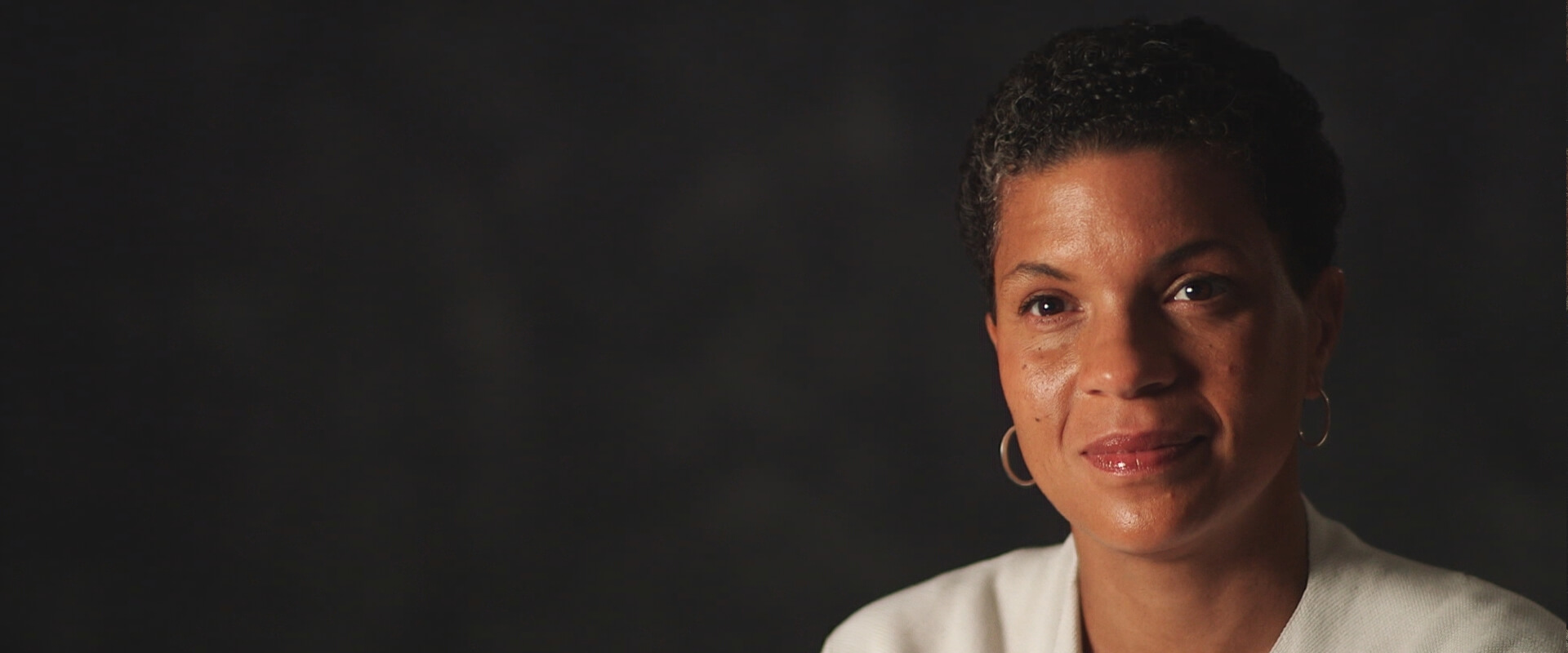
Michelle Alexander is an associate professor of law at Ohio State University and a civil rights advocate, who has litigated numerous class action discrimination cases and has worked on criminal justice reform issues. Also a legal scholar, Alexander recently published her first book The New Jim Crow: Mass Incarceration in the Age of Colorblindness. In it, she examines the intersections between racism, mass incarceration, and the War on Drugs, illustrating their devastating consequences. Megan Bernard's recent review of the book can be found on the Prison Communication, Activism, Research, and Education Collective (P-CARE) blog. Another review, published by COLORLINES, examines how Alexander places contemporary incarceration statistics in historical perspective.
activism motherhood movement-building
Dorothy Roberts Speaks at 25th Anniversary Celebration for CLAIM
by Dorothy Roberts
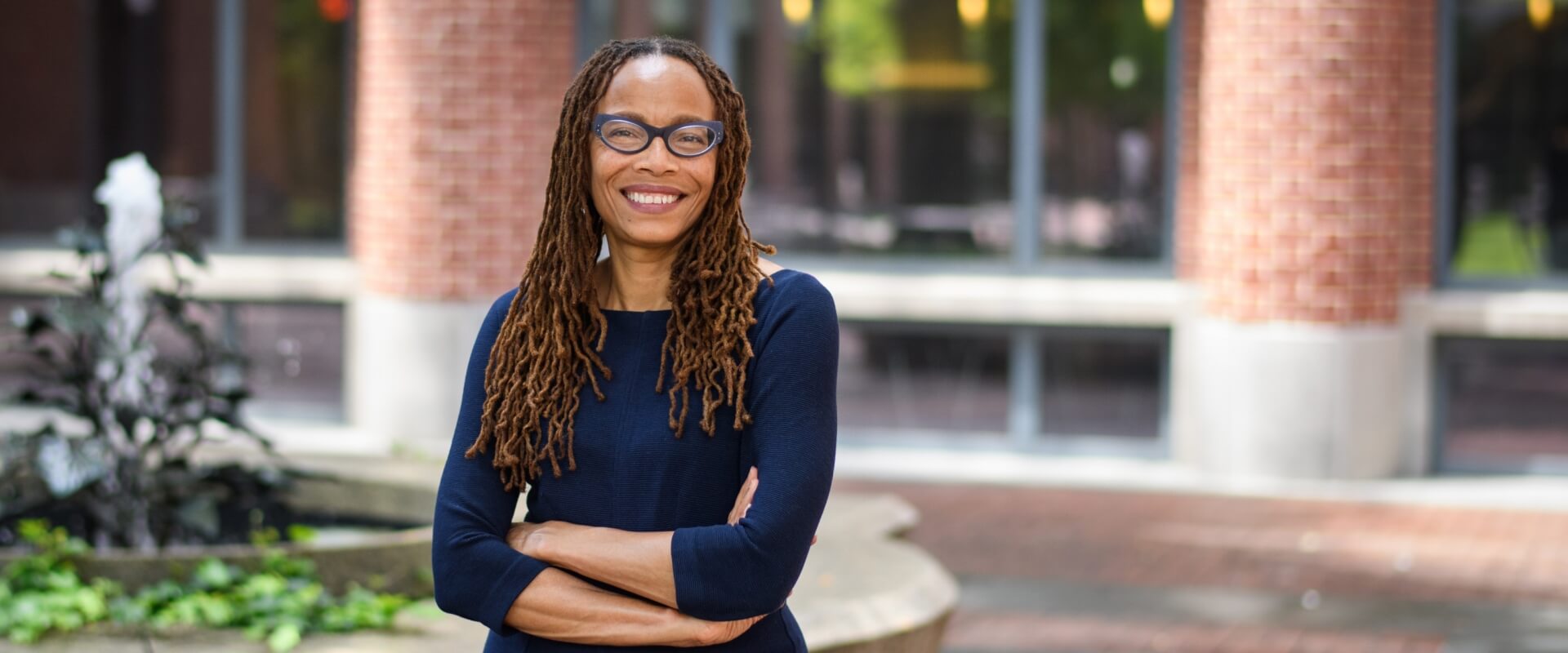
Author, lecturer, speaker and lawyer Dorothy Roberts spoke at the 25th anniversary celebration for Chicago Legal Advocacy for Incarcerated Mothers (CLAIM). Her lecture can be seen in the following clip.
activism motherhood movement-building
Living Conditions Here in the CCWF
by Patricia Wright
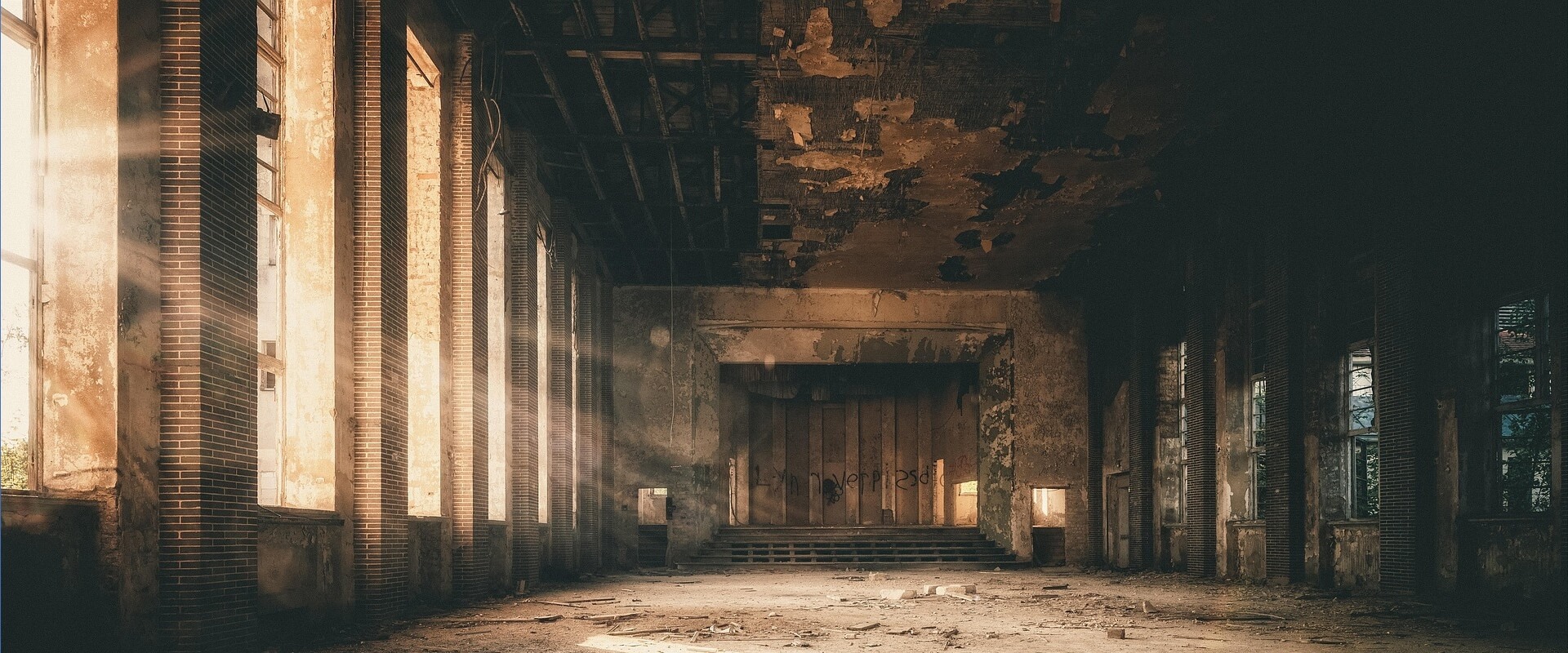
This article tells of the unfair treatment, unsanitary, and overcrowding living conditions of CCWF and how the inmates are forced to live in these conditions. California has the largest female institution in America and it is still overcrowded. The overcrowdings of the institution leads to daily fights, unsanitary chow halls, and a exhausted staff to run the institution.

